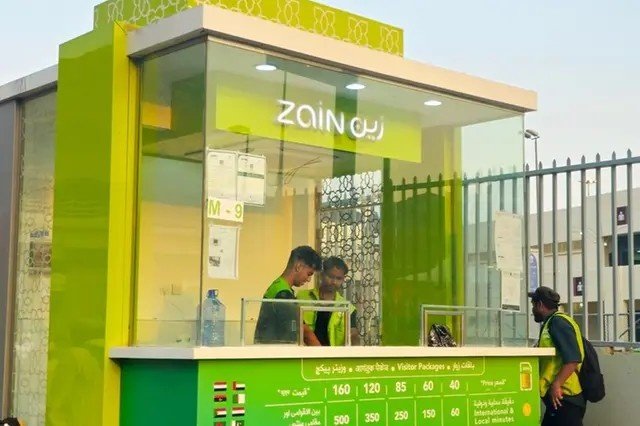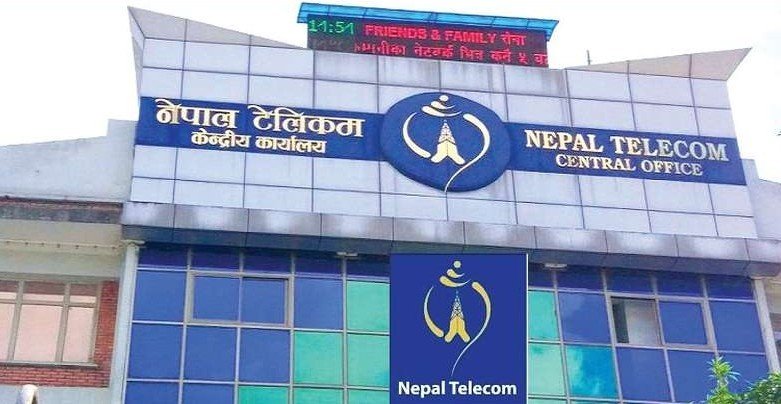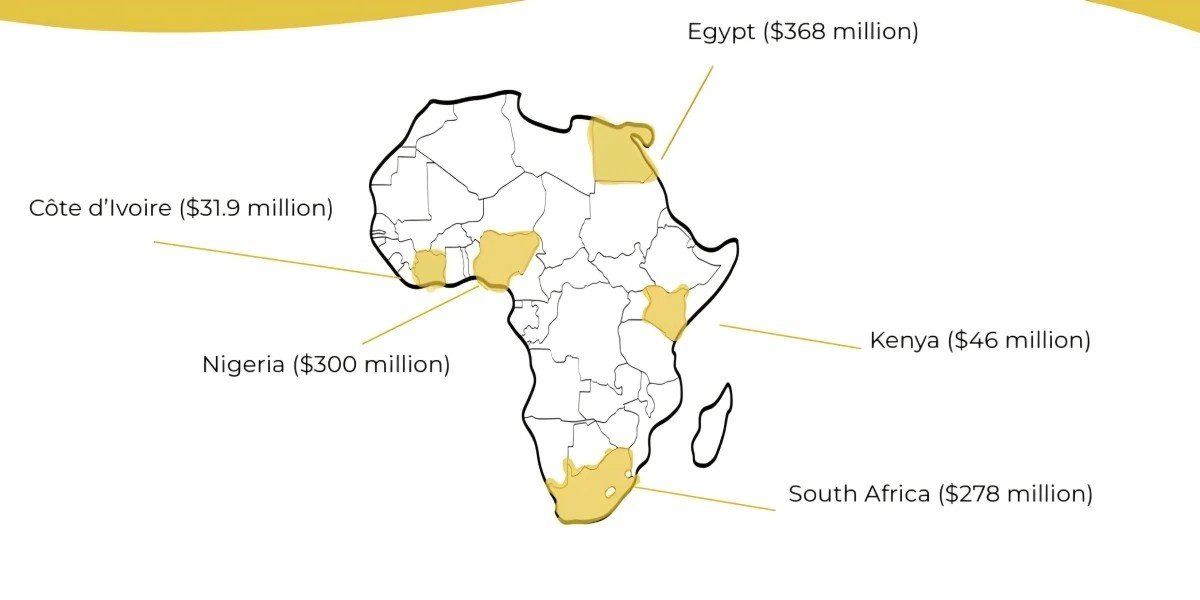Morocco’s largest telecom operator, Maroc Telecom, has reported a slight decline in profit, with earnings dropping to $616 million (6.14 billion dirhams), marking a 0.4% decrease. The decline in profit comes despite the company’s continued investment in high-speed fixed broadband services.
Maroc Telecom’s consolidated revenue, however, rose by 1.2% to 36.7 billion dirhams, driven by growth in its African subsidiaries, which saw a 9.2% increase in fixed data services in Morocco. The company also reported an adjusted earnings before interest, taxes, depreciation, and amortization (EBITDA) of 19.2 billion dirhams, reflecting a modest increase of 0.3%, with a solid margin of 52.3%.
Continuing its strategic focus on investment, Maroc Telecom allocated 20.8% of its revenue to its expansion efforts. A significant step forward came with the signing of a new investment agreement with the Moroccan government, committing 10 billion dirhams over the next three years to improve telecommunications infrastructure.
The telecom operator also reported a 4.5% increase in its customer base, reaching 79.3 million subscribers. Maroc Telecom announced a dividend payout of 1.43 dirhams per share, totaling 1.26 billion dirhams. Looking ahead to 2025, the company anticipates slight revenue growth and sustained profitability, with plans to advance its digital transformation and integrate artificial intelligence into its services.
Internationally, Maroc Telecom, operating under the Moov Africa brand, has grown significantly, with 56 million mobile subscribers across ten African countries. Key markets include Burkina Faso, Côte d’Ivoire, and Mali. The company also reported strong adoption of fixed-line and broadband services in Africa, with Mali contributing significantly to Maroc Telecom’s growing customer base.
Maroc Telecom, which has been operating since 1998, has become a leader in Morocco and francophone Africa. It offers a range of services, including mobile, fixed-line, fibre internet, ADSL, and 4G+, and has expanded its presence in several African countries. The company generates around 40% of its revenue from international markets, underscoring its success in digital connectivity across the region.















